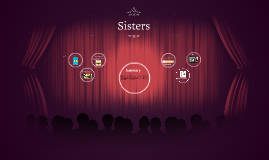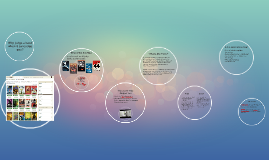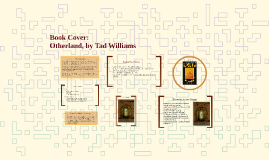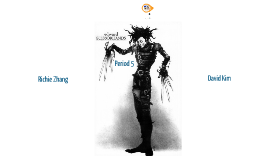Book Cover:
Transcript: Themes and Concepts Plot Summary Book Cover: Otherland, by Tad Williams Themes spying and investigation info hunt escape from confinement Concepts detected Virtual world and the struggles thereof Upbeat storyline with mysterious means Virtual reality/fighting bad computer Otherland, a quartet, by Tad Williams City Of Golden Shadow, River Of Blue Fire, Mountain Of Black Glass and Sea Of Silver Light First Published in December, 1995 Genre of this publication is fantasy, urban fantasy and science fiction Old Cover Summary of Series New Cover Felix Jongleur: The oldest person on earth, born before the outbreak of World War I, he is also one of the wealthiest and most powerful, and certainly one of the most ruthless. He is the leader of the Grail Brotherhood, and masterminded the creation of the Otherland system. Through much of the book, he appears in his preferred environment, a simulation of ancient Egypt, where, as Osiris, he presides over meetings of the Grail Brotherhood. Characters' influence on Design Elements in new Design When children from around the world fall a prey to a mysterious coma-inducing disease, somehow contracted while surfing the net, a group decides to end the reign of the "Grail brotherhood". Leaders of "The Net" are creating a means to live forever in an artificial reality by recreating themselves as living parts of an organic operating system. They can do this by means of utilizing the brains of the children to make the operating system function. The four books deal with the groups attempts to get into the system, their adventures while there, and finding a resolution to the problems created by the simulated world. Constantly aware of friction between virtual world and reality A passage to indicate leaving one world for another (travel) Door as symbol of passage Holy Grail - Drawing on Grail brotherhood, characters and their bloodthirsty pursuit to be immortal Connection between Holy Grail and Grail brotherhood Code (background) - symbol of virtual Hologram

















